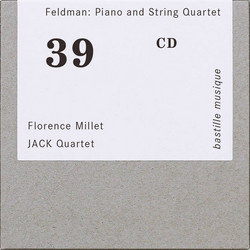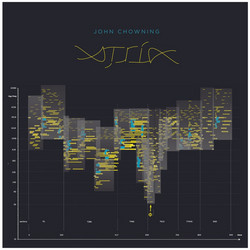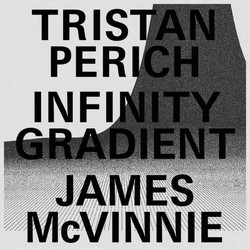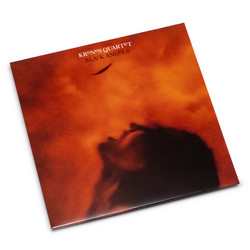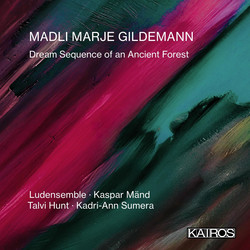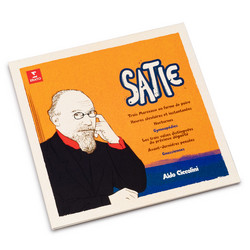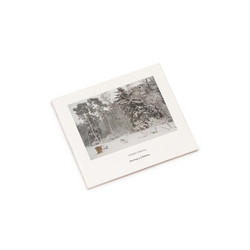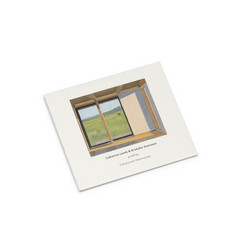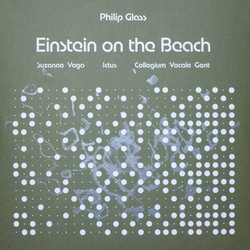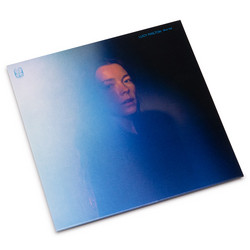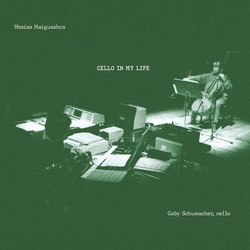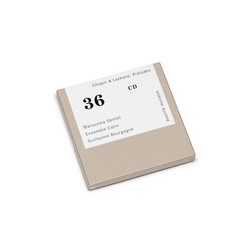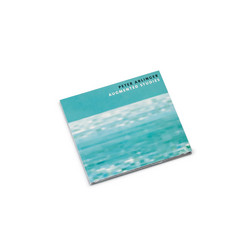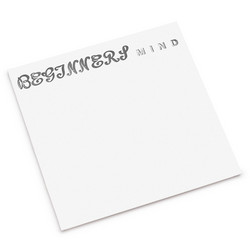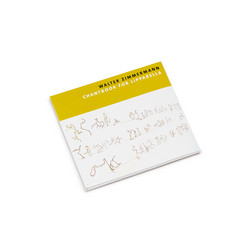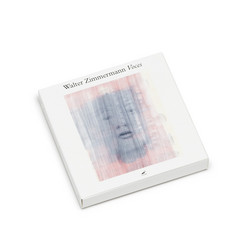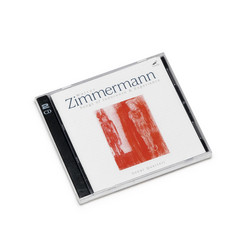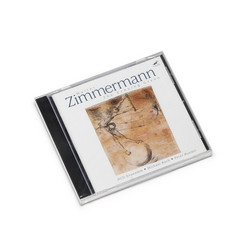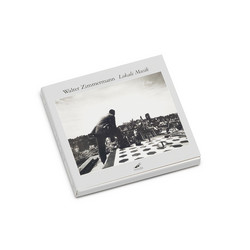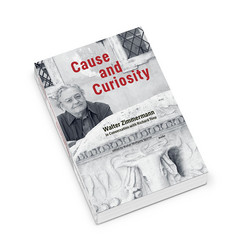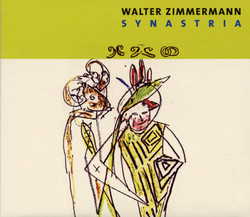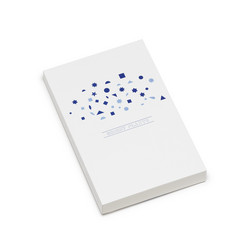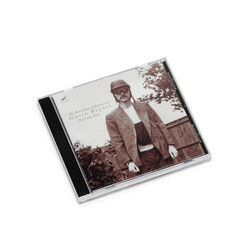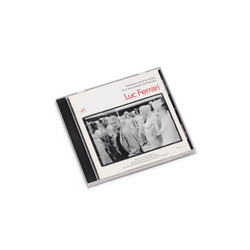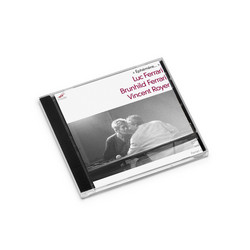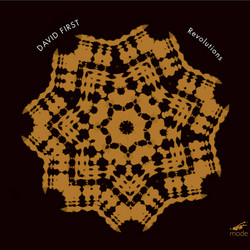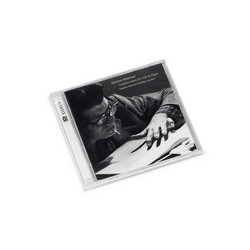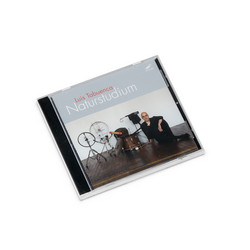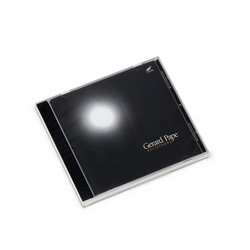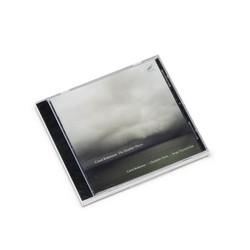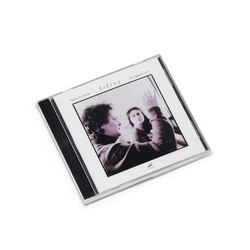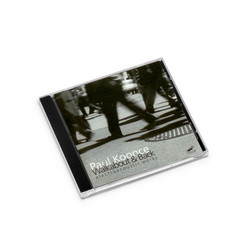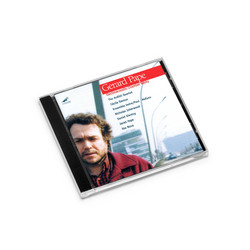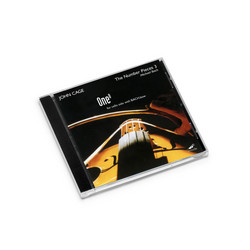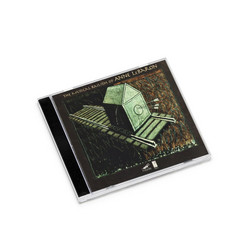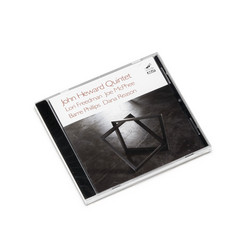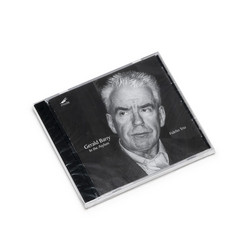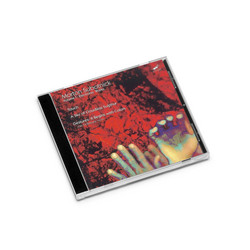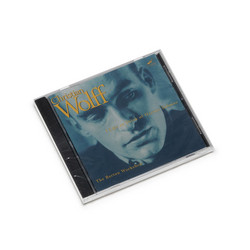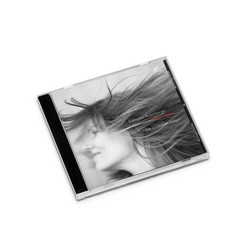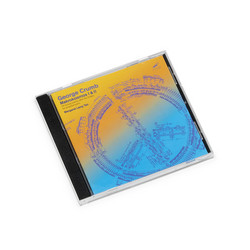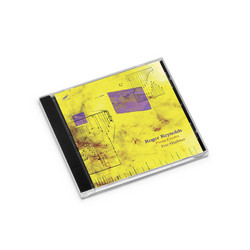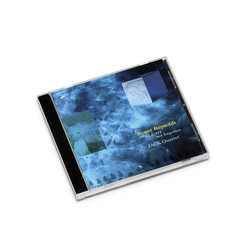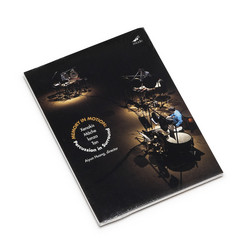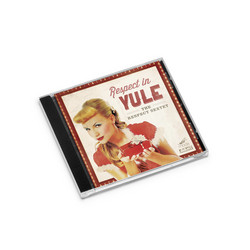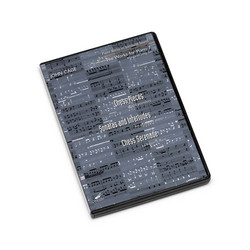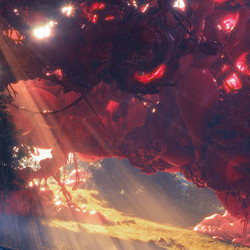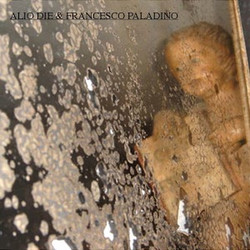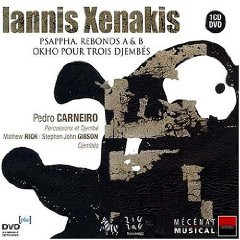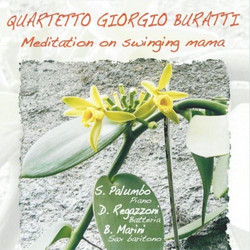The influence of two American composers – John Cage and Morton Feldman – has been decisive on Walter Zimmermann. With Cage, it was his music from the late forties – works like the String Quartet, the Suite for Toy Piano and the Six Melodies – that caught his attention: works underpinned by precise numerical construction, yet with an engaging directness of expression. Feldman has been an inspiration to Zimmermann’s lyrical impetus, and Cage to his constructivist urges. Yet the two do not always co-exist comfortably, and it is partly the constant conflict and confrontation of the two which ensures that, far from being a ‘displaced American’, he is a quintessentially mid-European creator.
The result is a totally individual sound; ‘detached’ in tone, yet often strangely touching. Its sparse, yet highly precise notation actually makes great demands on the performer, and the resulting ‘introverted virtuosity’, as Zimmermann calls it, remains a hallmark of his music. Further to Zimmermann’s highly regarded reputation in Europe, John Cage recognized his unique voice and commissioned Zimmermann to compose scores to a number of dances for the Merce Cunningham Dance Company.
Distentio is musically based on the philosopher Aurleius Augustinus’ thoughts and meditations about time. Each movement corresponds to a version of these thoughts – the glissando movement (the past), the pizzicato (the present), and the harmonics (as the most unreal sounds, with the future). Schatten der Ideen is a study in unison, where the piano functions as a shadow of the strings or vice a versa. Ursache und Vorvitz, is a study in curiosity and is based on a renaissance engraving of a man who, driven by curiosity, puts his head through the earth’s crust to catch a glimpse of the cosmos behind it. The work concludes with an endless “cosmic” glissando. Shadow of Cold Mountain 3 translates the gestural – calligraphic images of artist Brice Marden into sound – a world of color and sound reflected in a series of interference and difference tones.
The four works on this disc are performed by one of Germany’s leading chamber groups, Ensemble Recherche. Founded in 1984, they are dedicated to contemporary music. Each member of the ensemble performs as a soloist and chamber musician, forming various ensembles within the group including both string trio and woodwind (flute, oboe and clarinet). Liner notes are by Richard Toop and the composer.



